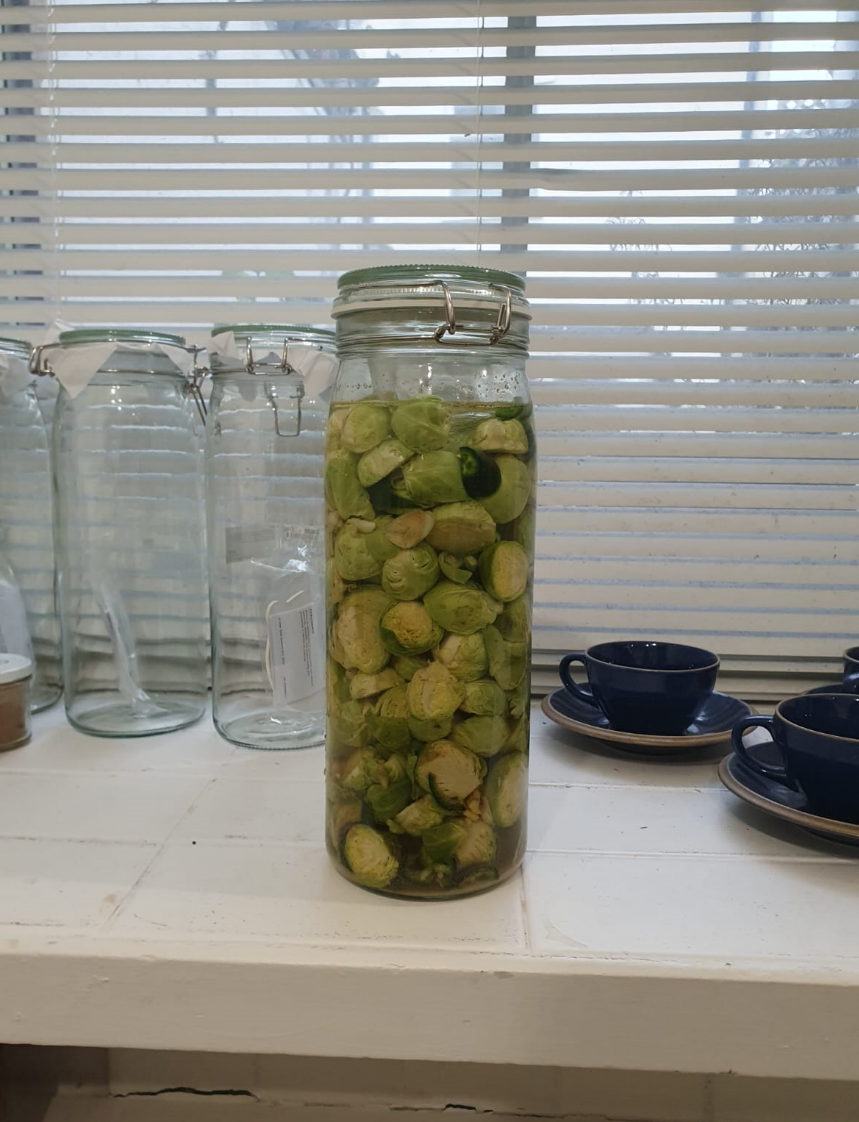With every January there often comes a bombardment of adverts to ‘Lose that Christmas weight’ or ‘Get your body back’. Where did your body go exactly?!
There is a lot of pressure at this time of year to spend money on gym memberships, or to invest in high-tech wearable gadgets or to embark on extreme juice fasts. Not only is this costly, but it also puts a lot of pressure on oneself, adding to the already stressful lives we tend to live, and at a time of year where intense exercise or extreme fasting isn’t optimal. In fact, it can be quite detrimental.
January and February are the coldest and the most bleak months of year here in the UK. It is a time to keep eating warming and nourishing foods, rest and sleep well. Movement is of course always a good thing to do, but it doesn’t have to be an extreme HIIT or spin class at 6am. Most of us are pretty exhausted, burnt out, stressed and under-nourished. Imagine an already warn out body being forced to wake up at 6am and undergo a pretty stress-inducing exercise. More often than not, for many, this will put pressure on our immune, nervous and endocrine systems, and yet this is often what people are getting marketed to do at this time of year.
So what is the alternative?
OK, so far I may sound like I am totally against exercise, I am not. Movement is essential for human beings. It is great for our muscular/skeletal system, our mental health and our metabolic systems. We need to do it daily. But many studies from around the world are showing we don’t need to do hours of intense exercise in the gym to achieve optimal outcomes, and in fact this can actually be worse for us long term. Walking, dancing, climbing, Pilates, yoga, resistance-training, swimming. These are all activities which are not too intense and can be taken on by most people at any ability or age. Dan Buettner, the Blue Zones founder, and his team found that the communities who live the longest and healthiest in the world have almost never set foot in a gym, but they don’t sit around for hours either. They keep on their feet, they find continual movement throughout the day, with intention. I find this is a very empowering lesson - we don’t need to spend huge amounts of time or money doing gym workouts. Movement is available to everyone, anywhere. Especially in the form of walking and floor work.
As for nutrition, I have the same approach. It doesn’t need to be complicated. Winter = warm and nourishing foods. Looking for foods that are naturally in season, then you cannot go wrong. Brassicas and root vegetables are great. No salad yet! Cook these from scratch. Add warming spices like cinnamon, cardamom, rosemary, thyme, ginger and garlic. There is no celery or cucumber juices to be found in my kitchen in the winter! Including good amounts of high fibre foods eg. apples, pears, cabbage, carrots & sweet potatoes. Good quality proteins such as organic meats, oily fish, eggs, lentils, chickpeas and sheep’s/goat’s yogurt. Cooking from scratch and seasonally is key.
So when is the time to eat colder foods and do more energising exercise? Spring is the natural time where plants start to have enough energy from the sun to grow. This for me is the perfect time to think about cleansing, and maybe introducing some more energising exercise. But for now, soups, broths, warming spices and winter walks and Pilates is ideal. Try and ignore the pressure from adverts. Healthy living should always be driven by you and a want to stay feeling amazing, not what society tells you about how you should look. Do you need a new you? No!
Written by Rosie Rayner, ND




















